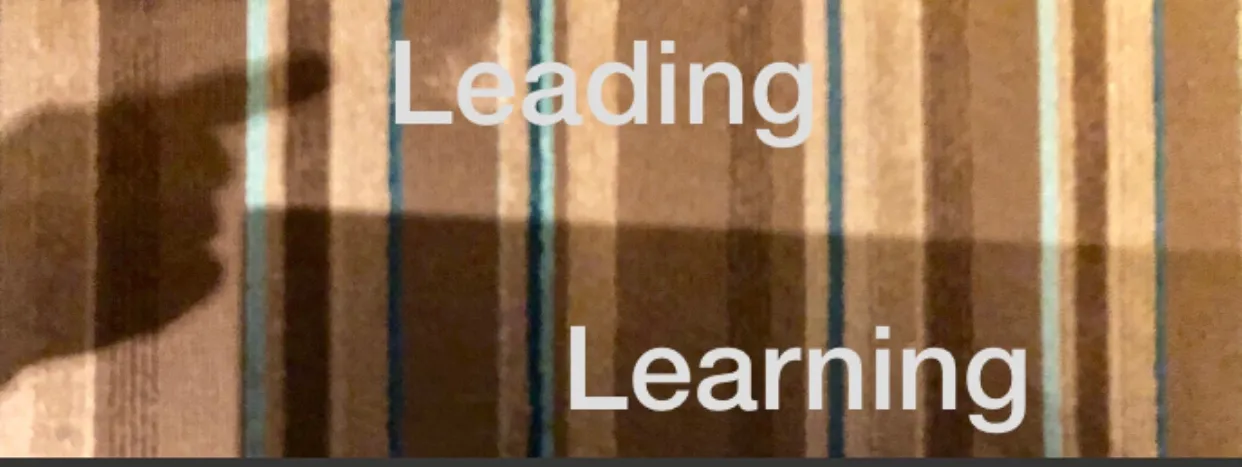
There seems to be no collaboration between a leader and a learner. The reality is that when a leader stops learning, that leader stops leading. In other words, a leader must be a learner.
There are leaders including those in politics who are more like firefighters than strategic leaders. They are sociable and try to attend many non-critical functions of the people. At time, they may have to jump from one function to the other as if they are really busy.
These leaders in whatever fields can certainly be more effective by setting aside some of their socialising time for personal learning and strategic thinking and reflection pertaining to their roles and responsibilities.
No one can be a master of everything. But it is imperative for people to do well in their fields and works. Therefore, among the many things that a leader is required to pay attention, learning should be one of the leadership priorities. A leader has to keep abreast of what is going on and the possible solutions to the different challenges, and the leader without such knowledge can hardly respond to the authentic needs relevantly.
To sum up briefly, the Chinese saying has much relevance as it puts it, “If a worker wants to do well, he must first sharpen his tools.” (工欲善其事,必先利其器!)

领导者和学习者似乎没有直接关系,然而当一位领袖停止学习时,该领袖则停止领导。换句话说,一位领导必须同时是一名学习者。
有些领袖包括在政治圈的,他们更像消防员而不是战略性的领导。他们善于交际,并尝试参加人们的许多非关键性社交活动。有时候他们会由一个宴会跳到另一个节目,充分显示他们的忙碌。
无论在哪个领域,担任领袖者最少可以将部分非关键性社交时间用于个人学习和战略思考,尤其他们必须多思想所扮演的角色和並接受装备,从而更有效进行他们的责任。
没有人可能在每项事情都作專家,但是每个人都要在所处的领域和工作上进步。故然一位领袖需要关注许多事情,然而不断学习应该是领导方面的一个优先纪律。如果领袖不能了解与时並进的事情,並缺乏知识面対挑战及提出贴切的解决方案,有关领袖便難以發出有效的领导。
简而言之,中国人有一句対领袖尤其贴切的话:「工欲善其事,必先利其器!」